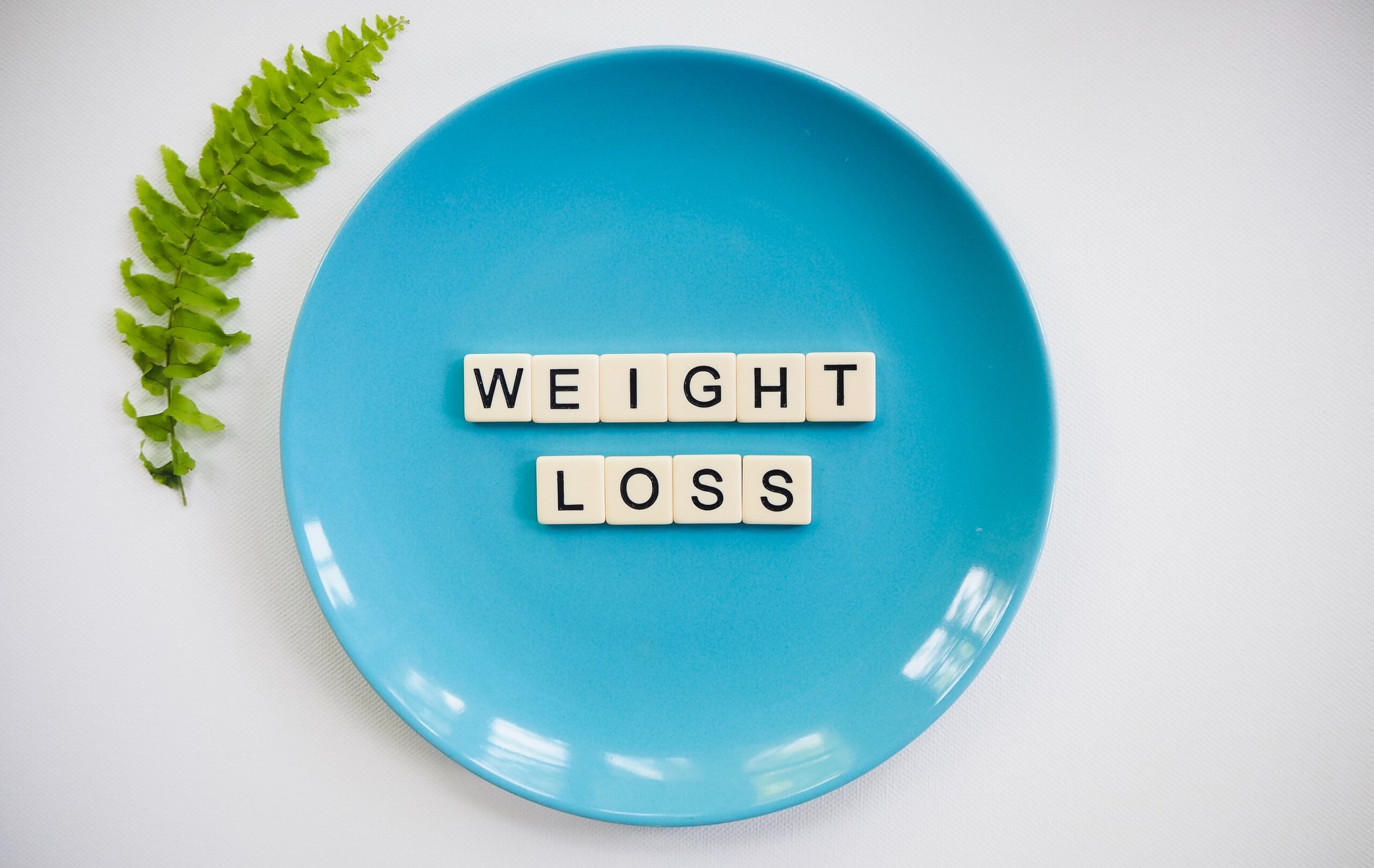
Dieting, or the practice of restricting calories or certain types of foods in order to lose weight, is often seen as the most effective way to achieve weight loss. However, in reality, dieting alone may not necessarily equate to weight loss, and can even have the opposite effect in some cases. Here are a few reasons why:
- Metabolic adaptation: When we drastically reduce our calorie intake, our bodies may go into what is known as "starvation mode" and start to conserve energy. This can lead to a slowing of our metabolism, which means that we burn fewer calories at rest than we did before. As a result, weight loss can become much more difficult, and we may even start to gain weight back.
- Loss of muscle mass: When we lose weight through dieting alone, we may not only be losing fat but also muscle mass. This is because the body needs a certain amount of protein and energy to maintain muscle tissue, and if we are not consuming enough of these, the body may start to break down muscle to get the nutrients it needs. Muscle is important for maintaining a healthy metabolism, and a loss of muscle mass can lead to a slower metabolism and reduced ability to burn calories.
- Lack of sustainability: Dieting can often be seen as a short-term solution to weight loss, rather than a long-term lifestyle change. Many people find it difficult to sustain a restrictive diet over time, and may revert back to old eating habits once they achieve their weight loss goals. This can lead to weight regain, and a cycle of dieting and weight gain that can be harmful to overall health.
- Psychological factors: Dieting can also have negative psychological effects, such as feelings of guilt or shame around food and body image. This can lead to disordered eating habits, such as binge eating or purging, which can have serious physical and emotional consequences.
- Lack of physical activity: While dieting can be an effective way to lose weight in the short term, it may not be enough to maintain weight loss over time. Physical activity is important for maintaining a healthy metabolism and burning calories, and it can also help to build and maintain muscle mass. Without regular exercise, weight loss may be more difficult to achieve and maintain.
In summary, while dieting can be an effective way to lose weight, it is not a magic bullet, and may not be enough to achieve long-term weight loss and overall health. A healthy lifestyle that includes regular physical activity, a balanced and varied diet, and positive psychological habits around food and body image is likely to be the most effective approach to achieving and maintaining a healthy weight.